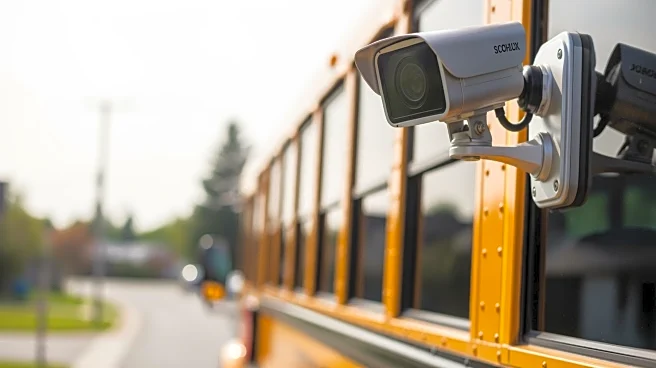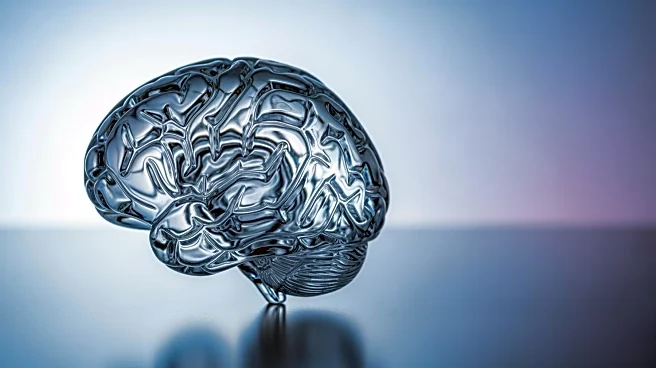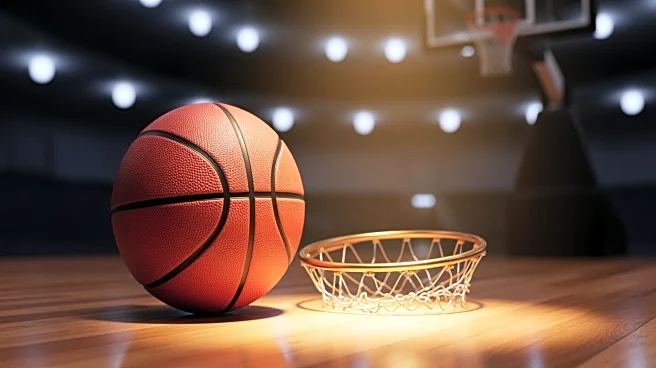What's Happening?
Anna Hall, a world champion heptathlete, and Aaron Dinin, a Duke University professor, are emphasizing the importance of failure in the development of young athletes. Hall recalls her first significant sports failure at age 12 during a USA Track & Field
junior national meet, which she initially perceived as catastrophic. Her father, a former athlete, helped her see the experience as a learning opportunity rather than a setback. Dinin, known as the 'TikTok Professor,' teaches a course on 'Learning to Fail,' encouraging students to embrace failure as a natural part of growth. He argues that failure is not inherently bad but a necessary component of learning and improvement. Both Hall and Dinin advocate for a mindset shift in youth sports, where failure is seen as a stepping stone to success rather than a deterrent.
Why It's Important?
The emphasis on failure as a learning tool is significant for the development of young athletes and students. It challenges the traditional view that success is the only measure of achievement, promoting resilience and adaptability. This perspective can lead to healthier attitudes towards competition and personal growth, reducing the pressure to perform perfectly. For athletes, understanding that failure is part of the journey can foster a more supportive environment, encouraging persistence and long-term development. In education, Dinin's approach helps students develop critical thinking and problem-solving skills, preparing them for real-world challenges. This shift in mindset can benefit industries and society by cultivating individuals who are not afraid to take risks and innovate.
What's Next?
The conversation around failure in sports and education is likely to continue evolving, with more institutions potentially adopting similar approaches to Dinin's. As Hall prepares for future competitions, including the Los Angeles Olympics in 2028, her experiences with failure will continue to shape her training and performance strategies. Educational programs may increasingly incorporate failure-based learning models, encouraging students to embrace challenges and learn from setbacks. This could lead to broader changes in how success is defined in both sports and academic settings, with a focus on personal growth and resilience.
Beyond the Headlines
The cultural shift towards accepting failure as part of the learning process has ethical and psychological implications. It challenges the stigma associated with failure, promoting mental wellness and reducing anxiety related to performance. This approach can lead to more inclusive and supportive environments in sports and education, where individuals feel empowered to pursue their passions without fear of judgment. Long-term, this could result in a society that values creativity and innovation, with individuals who are better equipped to handle adversity and contribute positively to their communities.















